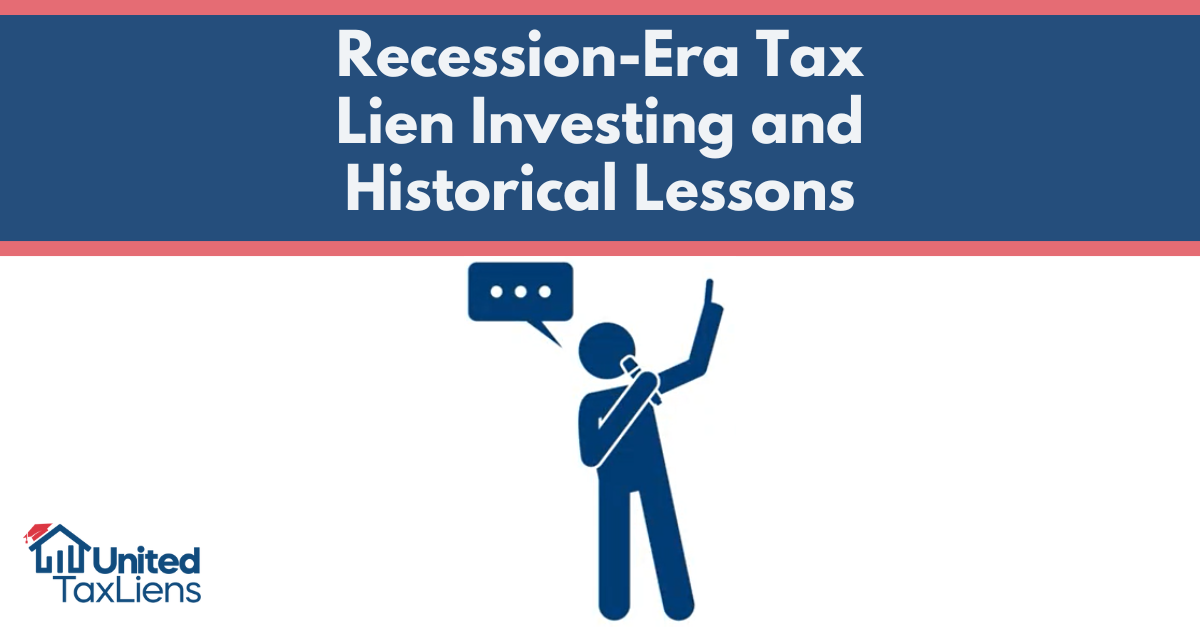
You can only scale so far with your own money and your own time allow. At some point, the best investors stop trying to do it all alone and start doing it with the right people. Here’s how partnerships can turn a modest lien portfolio into a seven-figure machine.
The Three Partnership Models That Actually Work
- The Money Partner
You bring the expertise, they bring the cash.
Split: They fund 100% of the lien, you manage everything, 50/50 on interest/redemption profits. - The Boots-on-Ground Partner
You’re remote, they’re local.
They drive properties, handle foreclosure paperwork, and manage deeds.
Split: 60/40 or 70/30 favoring the local partner (they do the dirty work).
Bonus: They can bring off-market lien deals you’d never see online. - The Mastermind / Deal-Share Group
4–8 serious investors meet monthly. Everyone brings their best county and best liens to the table.
No money crosses hands; you just piggyback on each other’s research.
Groups can save hours of research and open new counties to your portfolio
How to Find (and Keep) Great Partners
- Start small: one $5k–$10k lien together as a test.
- Use a simple one-page partnership agreement
- Over-communicate: weekly update emails, shared Google Drive, monthly 15-minute calls.
- Pay fast and pay fairly; your reputation is everything.
Stop thinking “I have to do this alone.” Start thinking “Who do I need on my team?”
Team up to scale up; collaboration turns small liens into big wins.
This blog is for informational purposes only and should not be relied upon as financial or investment advice. Real estate investing carries risks, and individual results will vary. Always consult with your team of professionals before making investment decisions. The authors and distributors of this material are not liable for any losses or damages that may occur as a result of relying on this information.










